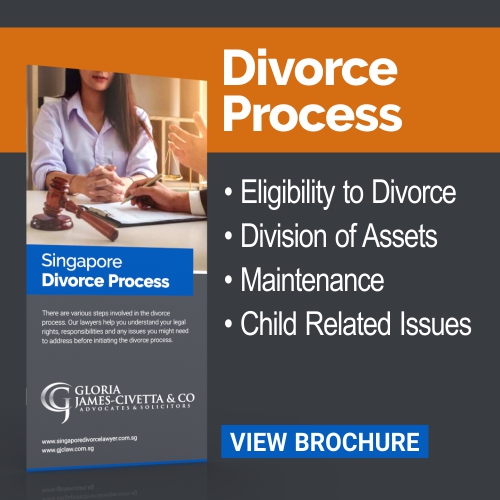Contributing Law Firms: Yodoyabashi & Yamagami LPC
Contributor
- Yoshihiro Obayashi y-obayashi@yglpc.com
A. General
- The Code of Civil Procedure (“Minzisoshoho”); and
- The Domestic Relations Case Procedure Act (“Kazizikentetsudukiho”).
B. Divorce Process in Japan
- Infidelity;
- Desertion in bad faith;
- Death or life of the spouse being unknown for more than three years;
- Serious and incurable mental disease; and
- Any other ground which makes it impossible to continue the marriage (Article 770, para. 1).
At least one of the grounds will be required to prove to the Court divorce should be granted. However, these grounds for divorce are not required in the event parties are able to mutually agree on divorce.
Reportedly, about 50% of the cases can be settled by reaching an agreement during mediation and the average length of such cases last about 5 months. If the parties fail to reach an agreement at the mediation, either party may proceed to file litigation to the court.
C. Jurisdiction Requirements in Japan
D. Child Issues in Japan
These access issues including but not limited to location, supervision and duration are often decided upon the divorce.
Generally, child custody is usually granted to the mother and the father’s income is usually higher than the mother’s. Therefore, in practice, the father is obliged to pay a certain amount of money to the mother until the child becomes an adult, usually 20 years old.
E. Division of Matrimonial Assets in Japan
F. Spousal Maintenance in Japan
As it is the applicant’s responsibility to locate the other party’s assets, it is not easy to successfully seize any assets in practice.
For further detailed information on international divorce, please visit our dedicated web-page at www.expatdivorce.sg



